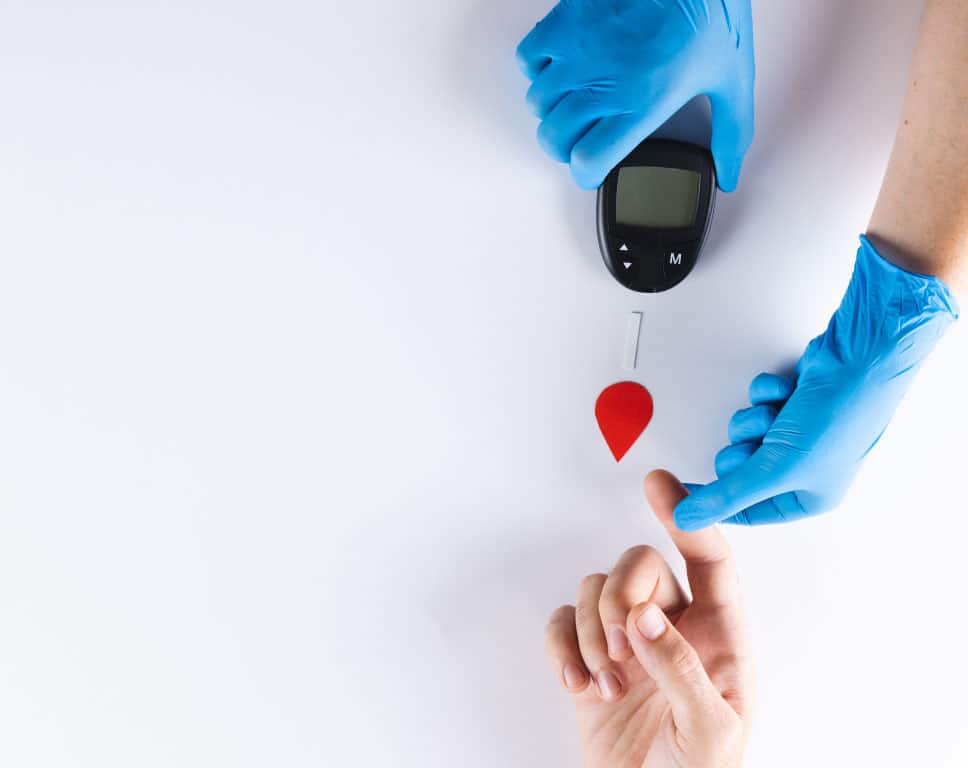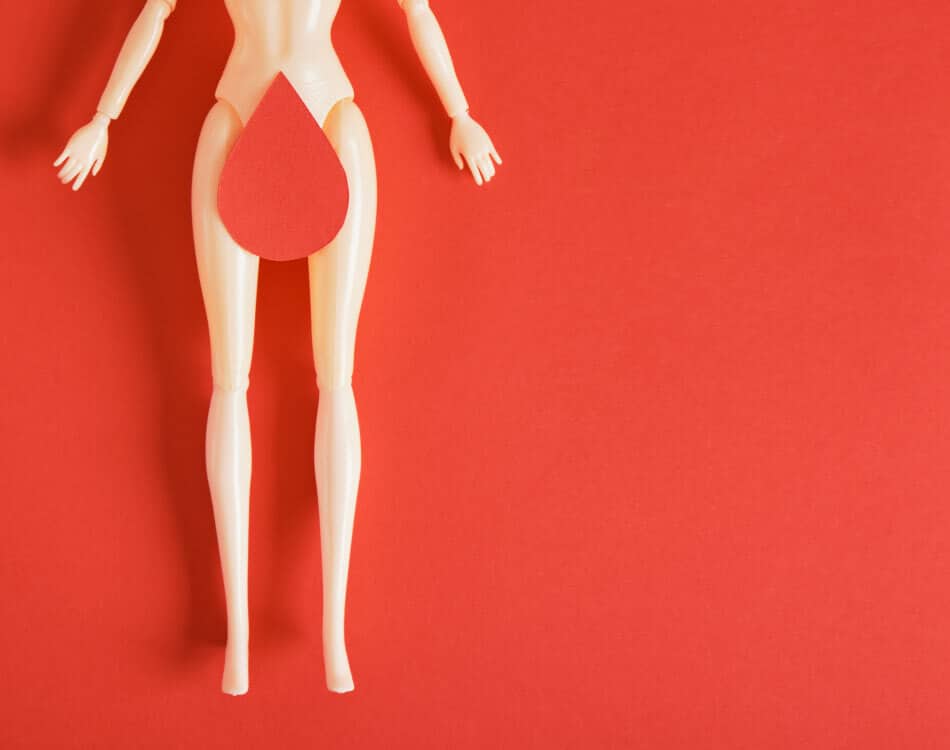Bringing a baby into the world is often portrayed as a time of joy and excitement, but for many South African mothers, the reality is far more complex, with postpartum depression (PPD) affecting an estimated 1 in 3 new mothers.
Despite its prevalence, many women suffer in silence due to stigma, lack of awareness, and limited access to support.
Understanding the signs, causes, and solutions for PPD is crucial in ensuring that mothers receive the care they need.
READ MORE | Manage stress and improve mental health with these supplements
More than baby blues
Postpartum depression is more than just the “baby blues”. While temporary mood swings and exhaustion are common after childbirth, PPD is a serious mental health condition that can persist for months if left untreated.
Symptoms include extreme sadness, anxiety, irritability, loss of interest in activities, changes in sleep and appetite, and difficulty bonding with the baby.
Sr Londekile Ntsiba, an independent midwife and a trusted Vital Baby advisor, explains: “New mothers are expected to be overjoyed, but many struggle with overwhelming emotions, guilt, and exhaustion. Unfortunately, the fear of being judged prevents many women from seeking the help they need.”
PPD contributing factors
Several factors contribute to the high rates of postpartum depression in South Africa:
- Stigma and Cultural Expectations – In many communities, discussing mental health struggles is still taboo, making mothers hesitant to speak out.
- Lack of Support Systems – Many new mothers do not have the necessary emotional or practical support from partners, family, or healthcare providers.
- Economic Stress – Financial strain and unemployment can exacerbate feelings of helplessness and anxiety.
- Limited Access to Healthcare – Many women, especially in rural areas, lack access to mental health resources and professional support.
Addressing PPD in SA
The good news is that postpartum depression is treatable, and support is available. Encouraging open conversations about mental health and ensuring that mothers receive the right care can make a significant difference.
- Break the Silence – Encouraging mothers to talk about their feelings without fear of judgment can help normalize postpartum depression and reduce stigma.
- Seek Professional Help – Therapy, counselling, and, in some cases, medication can effectively treat PPD. Healthcare providers should routinely screen new mothers for signs of depression.
- Create Strong Support Networks – Family members, partners, and friends can provide invaluable support by helping with childcare, household tasks, and offering emotional reassurance.
- Self-Care Matters – New mothers should be encouraged to rest, eat well, and take time for themselves to promote overall well-being.
Support resources
For mothers struggling with postpartum depression, it’s important to seek help as soon as possible. Essential support resources in South Africa include:
- South African Depression and Anxiety Group (SADAG): 24-hour helpline – 0800 456 789
- Lifeline South Africa: 0861 322 322
- Postnatal Depression Support Association (PNDSA): 082 882 0072
- Sisters in Solidarity (SIS): A community-driven initiative supporting mothers in distress
Sr Londe adds: “No mother should have to go through this alone. By raising awareness and providing accessible support, we can help more women find the strength to heal and enjoy motherhood.”
Postpartum depression is a serious but treatable condition. If you or someone you know is struggling, reach out for help. By breaking the silence and fostering a culture of understanding, we can ensure that South African mothers receive the support they need to thrive.















